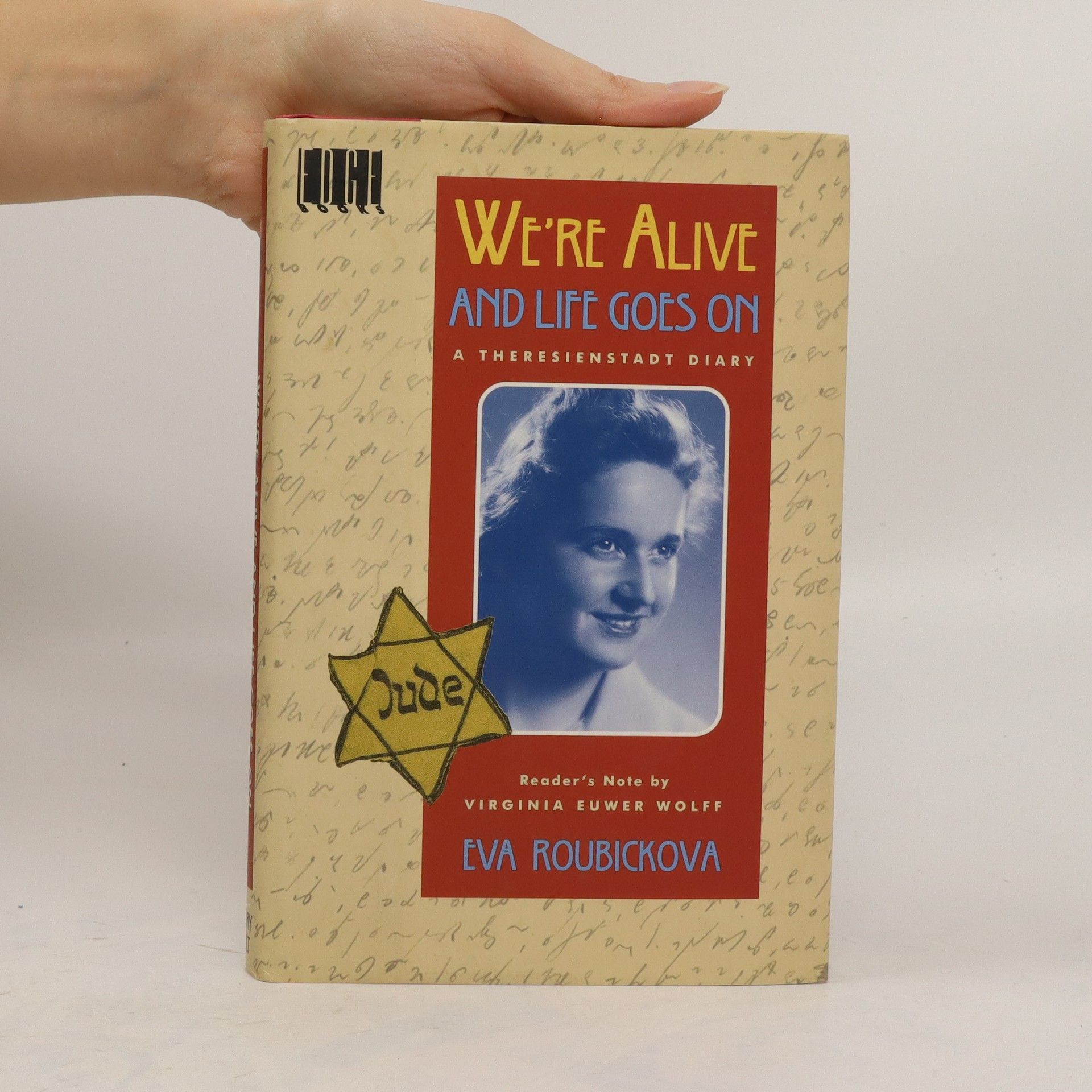Terezínský deník 1941 - 45. Svědectví o životě a smrti v terezínském ghettu
- 181 stránek
- 7 hodin čtení
Podtitul: svědectví o životě a smrti v terezínském ghettu Deníkové záznamy z let 1941–1945 popisují každodenní život v terezínském ghettu tak, jak ho viděla a prožívala mladá dívka – česká Němka židovského původu. Deníky byly napsány v těsnopisném záznamu sudetskou němčinou. Přeloženy byly až v 60. letech. Představují autentický historický materiál značné hodnoty. Popisují každodenní boj o přežití, bolest, naději i beznaděj. Jsou působivé zejména svou velmi „civilní“ podobou.



